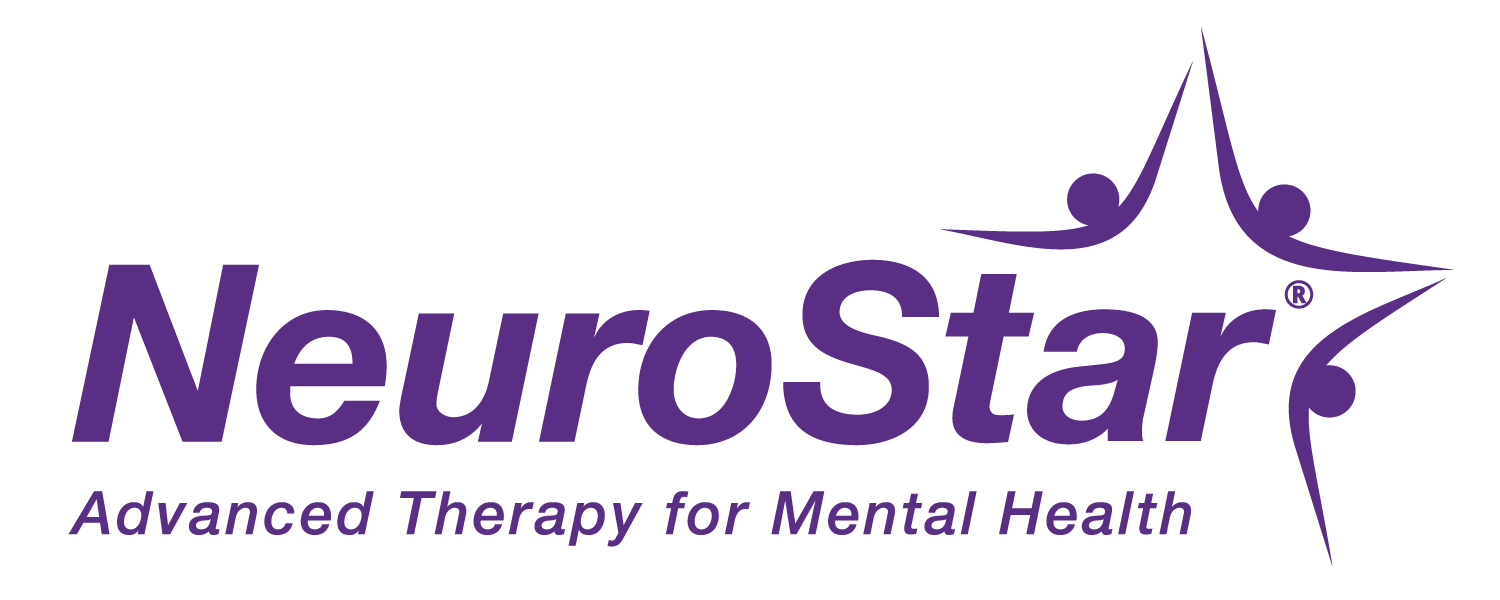
Trusted treatments for anxiety, depression & more
Psychopharmacology is the medical science that studies how drugs influence mood, behavior, and thinking by affecting the brain’s chemical processes. As a vital part of modern mental healthcare, it combines psychology, neuroscience, and pharmacology to relieve psychiatric conditions. At SNBCare, we specialize in evidence-based psychopharmacology to help individuals manage depression, anxiety, ADHD, bipolar disorder, and more with personalized, expert care.




